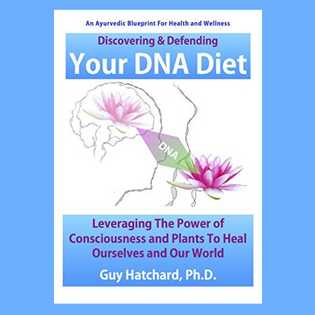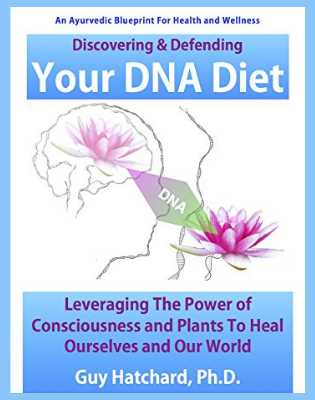A new study of mRNA vaccine phase III trial data finds rate of serious adverse events was 12.5 per 10,000 above the background rate.
—A greater number than the Covid-19 hospitalization risk reduction.
This study raises truly serious doubts about the advisability of mRNA Covid vaccines.
The co-authors include Sander Greenland, Emeritus Professor of Epidemiology and Statistics at UCLA, and the co-author of the premiere textbook on epidemiology. Professor Greenland is a world-leading expert on the postmarketing surveillance of drugs, vaccines, and medical devices.
The paper concludes:
“The excess risk of serious adverse events found in our study points to the need for formal harm-benefit analyses, particularly those that are stratified according to risk of serious COVID-19 outcomes such as hospitalization or death.”
It is of note that this conclusion undermines the last remaining argument relied upon by governments and mainstream media to support the continued use of mRNA Covid vaccines, namely that they improve hospitalisation and death outcomes.
So far there are 4.11 million people in New Zealand fully vaccinated
The study’s conclusions suggest that more than 4,000 NZers will have suffered serious adverse effects from Pfizer mRNA Covid vaccination.
It demolishes the persistent contention of Medsafe that Covid vaccine adverse events are primarily non-serious and occur at rates little different from background rates.
- The study provides suggestive support for our contention that the elevated rates of all cause mortality we are seeing in New Zealand are related to vaccination.
- It supports our contention that Medsafe has mistakenly and too hurriedly dismissed as unrelated a wide range of adverse effects observed in New Zealand post vaccination.
- It supports our contention that at-risk individuals, including those injured by their first dose, have been wrongly denied vaccine exemptions.
- It supports our contention that unvaccinated individuals have taken a wise decision to avoid risk based on scientific information and assessment.
The study analyses the phase III trial data of Pfizer and Moderna. It applies the criteria established by the Brighton Collaboration and the Coalition for Epidemic Preparedness Innovations partnership, Safety Platform for Emergency vaccines (SPEAC), which created and subsequently updated a “priority list of potential adverse events of special interest relevant to COVID-19 vaccine trials.” This approach has been endorsed by the WHO.
The exhaustive analysis of the long list of adverse events of special interest indicated some areas of particular concern including coagulation disorders, colitis/enteritis, arthritis, cholecystitis, and acute respiratory distress.
The authors note that it is still the case that key details about the phase III trial outcomes remain unavailable, saying:
“A systematic review and meta-analysis using individual participant data should be undertaken to address questions of harm-benefit in various demographic subgroups. Full transparency of the COVID-19 vaccine clinical trial data is needed to properly evaluate these questions. Unfortunately, well over a year after widespread use of COVID-19 vaccines, participant level
data remains inaccessible.”
We also note that the study is limited to particular phase III trial data, it does not therefore cover longer term adverse health outcomes of vaccination.
We also note substantive concerns raised in other papers and forums about the integrity of data in Pfizer and Moderna trials where adverse events were excluded and remained unreported.
This paper carefully asks probing questions and provides answers that Medsafe should have sought from Pfizer from the outset. It highlights the potential risks associated with the rapid introduction of the new biotechnology vaccines.
Even analysis of the preliminary trial data from vaccine manufacturers should have raised alarm bells among those charged with protecting the New Zealand public.
- It underlines the need to immediately pause the saturation advertising still being undertaken in New Zealand advising safety and efficacy of the Pfizer mRNA vaccine.
- It validates those including doctors and researchers who have been raising concerns through public dialogue, correspondence, and in the courts.
- It silently criticises the suppression of public debate mandated by the government and all political parties, supported by mainstream media.
The study shows how the New Zealand pandemic response will come to be regarded as a chapter of great shame in our history.






